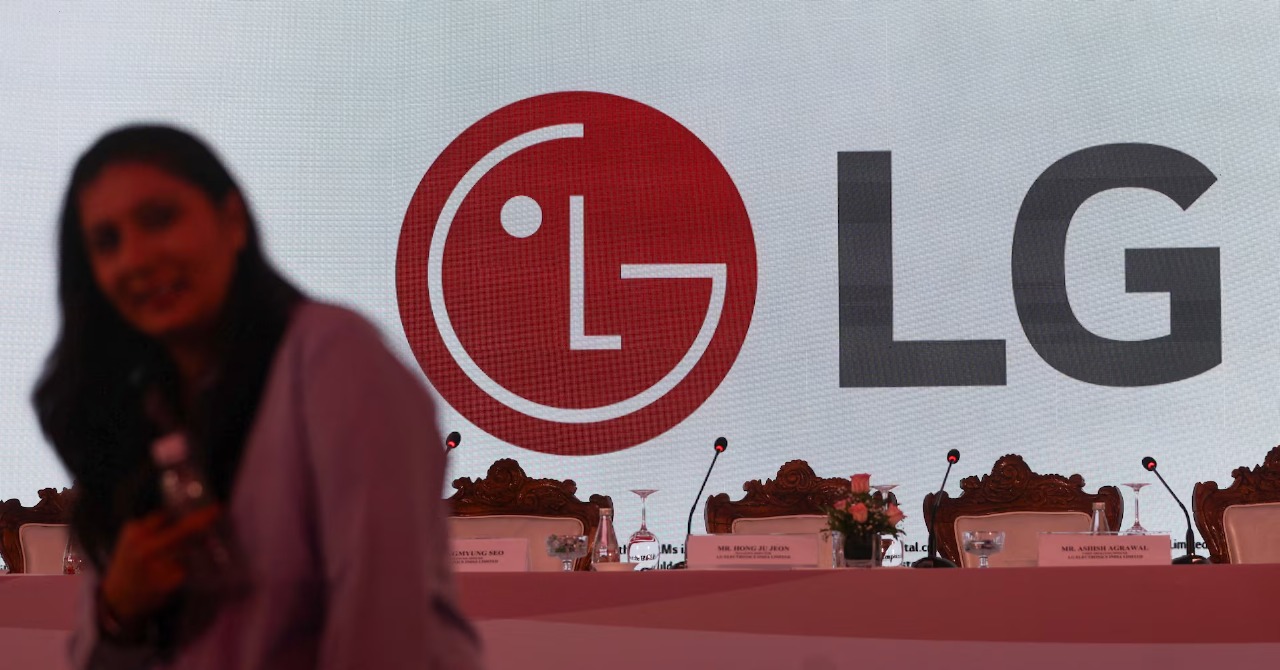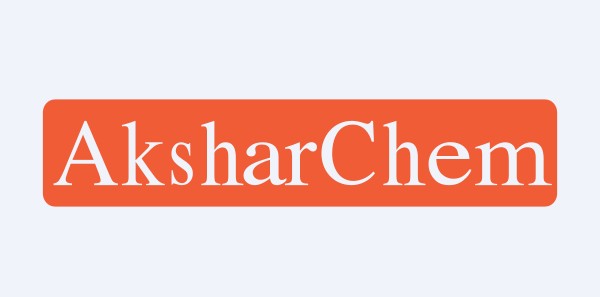The World Health Organization Has Upgraded Its Epidemic Intelligence From Open Sources (EIOS) System To Version 2.0, Enhancing Global Health Security. The New Platform Uses AI And Expanded Data Sources To Detect Public Health Threats Faster, Supporting Over 110 Member States In Pandemic Preparedness And Response.
Next-gen intelligence for global health threats
On October 13, 2025, the World Health Organization (WHO) officially launched version 2.0 of its Epidemic Intelligence from Open Sources (EIOS) system. The announcement was made at the WHO Hub for Pandemic and Epidemic Intelligence in Berlin, marking a major milestone in the organization’s efforts to modernize disease surveillance and early warning capabilities.
EIOS 2.0 integrates artificial intelligence, machine learning, and expanded data streams to identify potential health threats in real time. The system scans publicly available sources—news reports, social media, and official bulletins—to detect outbreaks, environmental hazards, and emerging risks before they escalate.
AI-powered upgrades and broader reach
The upgraded system includes enhanced filtering, automated categorization, and improved visualization tools to help health authorities respond more quickly and accurately. It also supports multilingual analysis, making it more inclusive and effective across diverse regions.
Currently, EIOS is used by more than 110 WHO Member States and 30 global organizations. The new version aims to deepen collaboration, improve transparency, and foster faster decision-making during health emergencies.
Key highlights:
- WHO launches EIOS 2.0 to boost global health security
- AI and machine learning enhance early threat detection
- System scans open sources for real-time outbreak alerts
- Used by over 110 countries and 30 organizations worldwide
- Hosted at WHO’s Pandemic Intelligence Hub in Berlin
Collaborative future for epidemic preparedness
The launch event also featured a showcase of WHO’s new Pandemic Simulator prototype, designed to support decision-makers in testing response strategies under simulated outbreak conditions. These tools are part of WHO’s broader initiative to build a resilient global health intelligence ecosystem.
Experts believe EIOS 2.0 will play a critical role in preventing future pandemics by enabling faster, data-driven responses. The system’s open-source foundation encourages collaboration and innovation across governments, NGOs, and research institutions.
Sources: WHO, Indico.UN, BMC Proceedings






